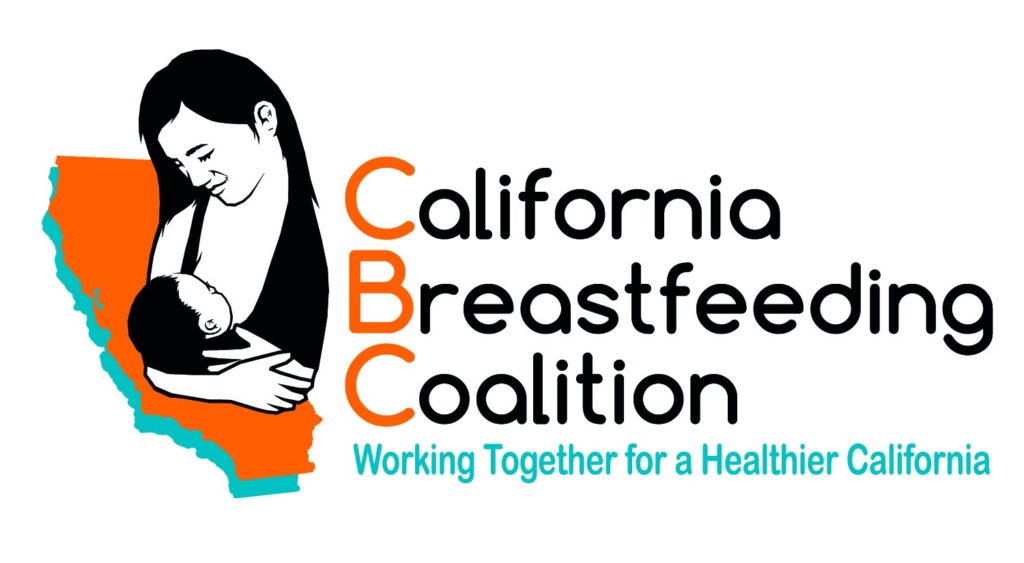This month, we wanted to take time to highlight Women’s Policy Institute alum and California Breastfeeding Coalition Executive Director Robbie Gonzalez-Dow. Robbie spoke with us about her work as an breastfeeding advocate and how her work is being reshaped by the coronavirus.
In any emergency — pandemic or disaster, what does it mean to reduce the barriers to breastfeeding?
This pandemic has exposed a lot of the inequities in healthcare. People deserve care and support and that’s part of why I love the policy and advocacy work. We are the ones that can create that change. Together, we can make sure everyone’s voice is heard. Back in January, we did legislative day, and saw many people visit the Capital for the first time and realize their voice matters. We can do this empowerment work even during a pandemic.
Right now, we all know people who are having children and we need to actively support them in their decisions. Even though we’re in a global pandemic, there are definitely actions we can take locally. Pregnant families are often on their own and because so much is going on it’s easy for them to feel isolated.
We should be calling and checking in, see what we can do in our own communities. Whether it’s grocery shopping, laundry, or cooking, this is all a new experience and even though much unknown we can all do our part.
Can you tell us about yourself and the California Breastfeeding Coalition?
Public health and nutrition has been at the center of all of my work. When I first entered this work, we weren’t using phrases like health equity, but I knew that it was what I wanted to do. I believe by building coalitions and networks we could provide better community education not just around breastfeeding but around nutrition and make it easier for people to access the information regardless of where they were from.
At school, we didn’t receive a lot of training around human milk and its role. I became very interested in the multifaceted nature of it — how it works in the body, its components, and just the science of it. As I realized it’s importance I saw a substantial accessibility gap. Most women in California want to breastfeed. But it’s a very complex, personal, and emotional issue. Many who struggle with breastfeeding feel a sense of loss and disappointment. That shouldn’t happen.
For some reason we don’t see breastfeeding as part of care. There are the more technical medical questions – is it the pediatrician’s job or the OBGYN’s job? I thought people should have more advocates working to make breastfeeding accessible to every Californian and that’s what we’re doing at the California Breastfeeding Coalition.
How did your experience with the Women’s Foundation California and specifically the Women’s Policy Institute shape your work?
I was a fellow of the very first year of the Women’s Policy Institute. Policy spoke to me because I knew it was a great way to make lasting change and I wanted to learn more. Initially, I thought we would just learn more about legislation and how to analyze bills, I didn’t realize that I’d be writing the bills and advocating for them!
Together with Luz Chacon and the rest of the Monterey County team, we worked on a bill to remove infant formula marketing from hospitals. Nine lobbyists from formula companies came from Washington D.C. to Sacramento to organize against our bill. Although the bill didn’t pass, it taught me a lot about statewide legislation and how to build a statewide coalition.
And even though the first bill failed, since then almost every bill we’ve created has passed! We worked with California Latinos for Reproductive Justice on a bill to provide lactation support for parenting students. We worked on a bill to require transit hubs to have lactation rooms. We worked on a “Pump and Pick up” program for incarcerated people in California. I am proud to say we’ve developed some of the strongest protections for lactating people in California.
If it weren’t for the experience I had in the Women’s Policy Institute, I don’t know if I would have the confidence I have to work directly on policy work. It gave me foundational training to do breastfeeding policy advocacy since 2003. It truly impacted my life!
